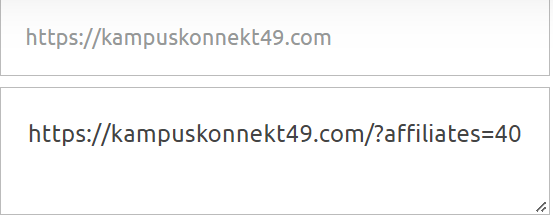As a foreigner in a country you’ve never been to before, you might probably find it difficult to feel at home or to get used to the environment or even how things are done.
As an international student living and studying in Germany or planning to, there are quite some interesting facts you should take note of. Germany has a lot to offer aside from the success of the German educational system.
The Grace of Learning a New Language
I know quite a lot of us find learning a new language fun and interesting. Even if you don’t fall into this category, as an international student in Germany, there is a chance that you’d be tempted to learn the German language for better communication with people. The German language happens to be the most spoken language in the world and the most spoken native language in the European continent. With this, there is an open door of job opportunities waiting for you in German companies globally.
Work Opportunities Available on a Platter of Gold.
In Germany, international students are allowed to work part-time unlike in some other countries where there are restrictions but only for up to 20 hours a week or 120 days full days a year. This could help your employment experience and also help pay bills, reducing the burden on your finances.
You must also keep in mind that, international students aren’t allowed to be self-employed or to freelance and if you want to work past the limited hours, you are to take permission from the local employment agency and the foreigner’s registration office.
Here are some of the part-time roles you can lay your hands on in Germany, as an international student:
- A Tutor
- A German Language translator
- A Waiter
- A Babysitter
- A Writer
- A Bartender
- A Cashier
- A Courier
- A Library Supervisor at your academic institute
- A Filling document officer
- A Media Personae
Read More on How to Fund Your Studies in Germany
A Chance for Exploration
If you love to travel around Europe and vlog, seeing new places and trying new things, I guess it’s a plus for you as an international student in Germany. There are lots of beautiful places to visit and new food to try, new culture and customs to learn and new friends to make. This gives room for socialization and cultural awareness.
A Low or No Tuition Fee
For public universities in Germany, the cost of studying is low or free. This makes it easy for international students to live and learn comfortably.
The Standard of Living
The standard of living in Germany as an international student is quite low. The expenses of rent and other finances are affordable. With this, there will be enough to save and probably invest. Read here for more tips on how to live in Germany.









